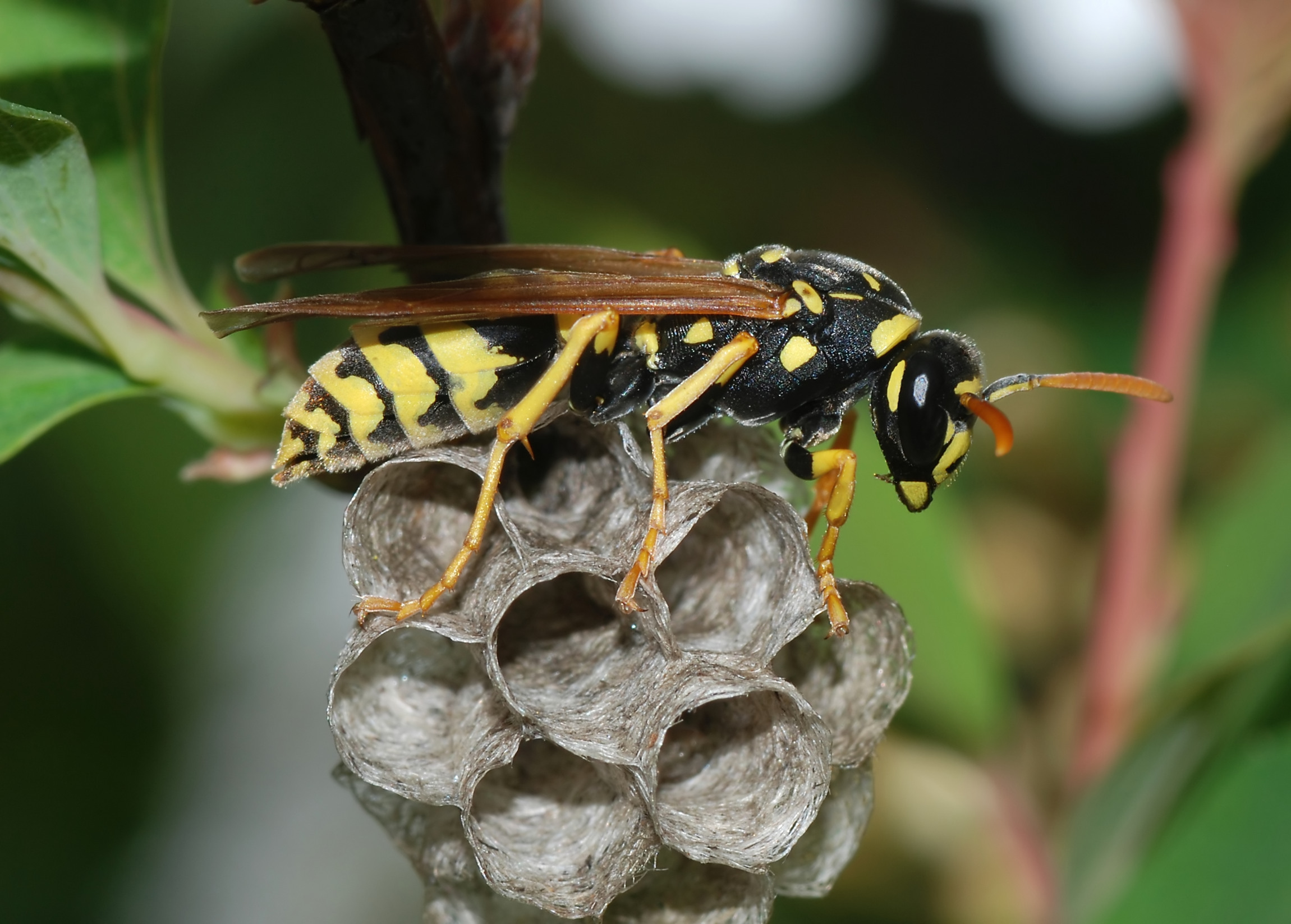It wouldn’t be a British summer without wasps making a nuisance of themselves. Whether they’re swarming around your home or when you’re eating outside, these pests are prevalent every year. But do wasps actually have a purpose in the British garden? And why do they really sting us? Read our top 5 things we bet you didn’t know about wasps below.
1. They contribute to pollination – Contrary to common belief, wasps do actually have an important function in the British garden. Both wasps and hornets are hunters, and spend time catching smaller flies and dead insects to feed to their young, as well as collecting nectar from local flowers. Similar to bees, wasps help plants to pollinate as they go about their business. In addition to this, wasps also play a vital part in protecting both gardens and farm crops through controlling pest populations.
2. A wasps’ nest can move on in under 48 hours – Regardless of the size of the nest, if the queen decides that the environment is not suitable generally within the first 48 hours she may decide to move to another location. That’s why it is important that a nest is not treated by a pest controller before this time.
3. Wasps’ only sting when they feel under threat – When a wasp feels as though their nest, or more importantly, their queen is under attack, they emit a chemical in which warns the other wasps. It is important that you stay as still as possible as the other wasps may sting you to warn you away from the nest and defend the queen if you retaliate. Only females can sting, and they will only ever sting you if you are close to their nest or they feel under threat.
4. They do not die after they sting – Individual hornets can sting multiple times, yet unlike honey bees, hornets and wasps do not die after stinging because their stingers are not barbed and are not pulled out of their bodies.
5. Their diet consists of a wide variety of prey – Only when they are adults do they feed on nectar, with most social wasps being omnivores, meaning that they eat both plants and other animals. These pests enjoy sweet foods such as fruit and the aforementioned nectar, although are also known to protect gardens in terms of eating other garden pests such as spiders, other wasps and dead insects.
If you have discovered a wasps nest in your home, always be sure to call a reputable pest control company to ensure it is dealt with safely and professionally.





